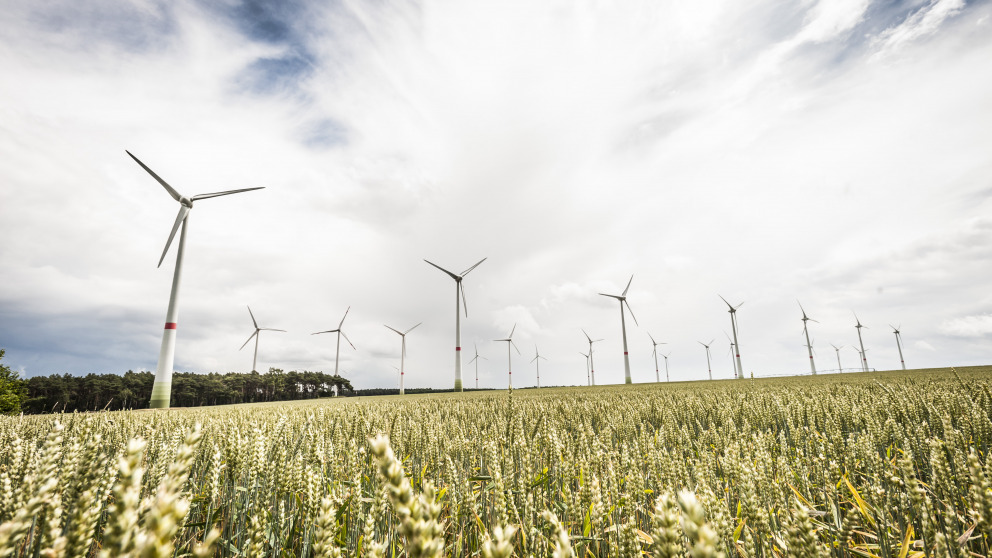Monitoring the Energiewende: Expert Commission Draws on Social Sustainability Barometer
06.07.2018
On 27 June the Federal Cabinet gave its stamp of approval to the 6th Energiewende Monitoring Report submitted by Economic Affairs Minister Peter Altmaier (CDU). In a statement on the report, the independent expert commission charged with observing the monitoring process has for the first time compiled indicators on public acceptance, drawing on the Social Sustainability Barometer for the German Energiewende. The Barometer, which monitors the social dimensions of the energy transition, was prepared for the first time in 2017 by the IASS in the context of the dynamis partnership.

While acknowledging that the government is aware of the importance of public acceptance for the success of the Energiewende, the independent expert commission is critical of the fact that the 6th Monitoring Report does not explicitly address this issue.
According to the commission, public acceptance of the Energiewende is “not an absolute given” and on the whole “endangered”. This appraisal is based on three indicators: overall support for the Energiewende; satisfaction with the way it is being implemented; and support for the Energiewende in one’s own personal context. The commission draws on the Social Sustainability Barometer in the case of the first two indicators. Using a traffic light system to assess the state of play with regard to all three indicators, it rates overall public support for the Energiewende as green and satisfaction with the way it is being implemented as amber. The third indicator, support for the Energiewende in one’s own personal context, is rated red, and the commission believes that progress in this area is “unlikely” before 2020/22.
“Growing recognition that the Energiewende will not succeed without the broad acceptance and involvement of the population, has not yet been adequately reflected in concrete decision-making processes,” remarks IASS researcher Daniela Setton, one of the main authors of the Barometer, in response to the expert commission’s statement. She therefore welcomes the fact that the commission has come up with new indicators to highlight the significance of the “social dimension” for the further implementation of the energy transition and alerted the government to the need for action on this front.
The German government’s “Future Energy” monitoring process charts developments in the Energiewende on an ongoing basis. One of its main tasks is to collate and summarise the vast amount of available energy data. In addition to analysing measures that have already been implemented, the monitoring process tries to anticipate what needs to be done in the future, thus giving rise to an annual overview of the status of the Energiewende.